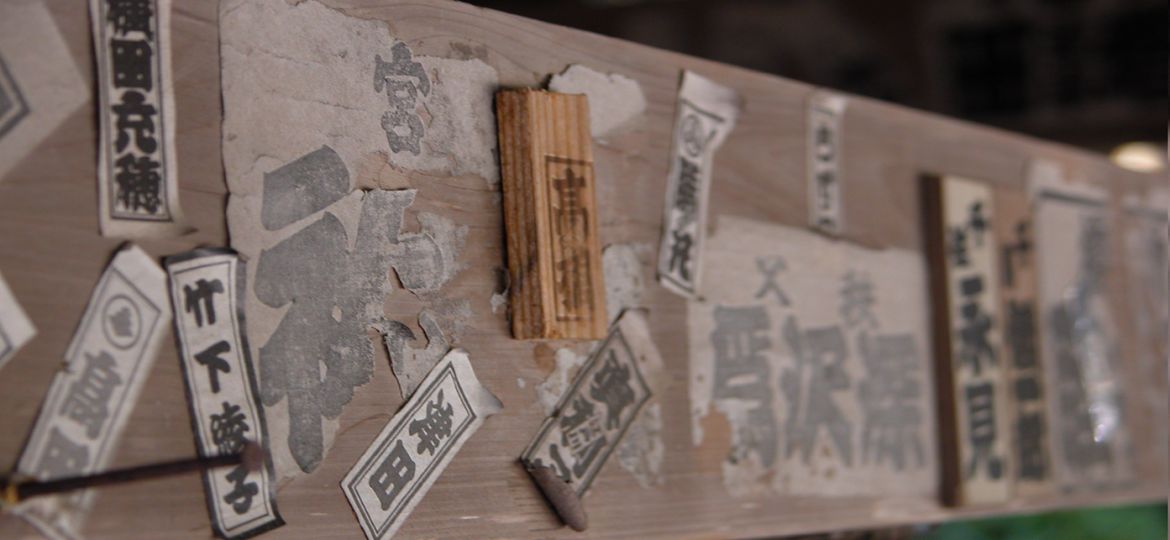
Hey, fellow world travelers! Welcome back to the chronicles of my escapades in the captivating land of Japan. Today, we’re diving into a quirky aspect of life in Japan that’s been a part of my daily tapestry for the past two decades – language, or more precisely, the delightful challenge of communication.
“Hey, you’ve been in Japan for 20 years, why haven’t you become fluent?” Ah, the million-dollar question.
They Speak What?
Let’s start with a secret that not many know about Japan – it turns out, everyone speaks Japanese here. I still can’t figure out why. But after 20 years here, I think I’ve made a grand realization – it makes it a little bit difficult to communicate when you speak English at Japanese people and expect an answer in return. So if you want to talk to people here it helps to know the language.
In actuality, before I even set foot on Japanese soil, I decided to tackle this language barrier head-on. I rolled up my sleeves and delved into Japanese studies at university. Knowing I wanted to check out Japan in full after I graduated, I knew it might help to get a head start on the language thing. I even minored in it at Chapman (I think I was the first to do that). So when I headed off to Japan in 2003, I thought I was all geared up for the linguistic hurdles that awaited me.

The Rub...
Life, however, likes to play cruel jokes. Because here’s something I learned pretty quickly after coming to Japan – the people who will engage in conversation with you in Japan are usually the ones keen on practicing their English. Ugh. On top of that, the non-English speaking folks either prefer to avoid the uncomfortable situation of gaijin all together or are just a tad too nervous to engage. And to my constant frustration, this even happens when you’re speaking to them in Japanese.

Like the other day. I strolled into Saizeriya with a friend, craving some pasta goodness. I confidently put my name on the waitlist as we waited in line to enter, smoothly written in Japanese characters. When it was our turn, the server glanced at it, seemingly uninterested in deciphering my handwriting. She met my eyes, and I uttered a casual, “Yes, that’s me” in Japanese. A moment of silence ensued, a quiet dance of “well, someone say something.” Instead she just led us to our table without uttering a single word. It’s a scenario that’s become a familiar rhythm in my Japanese existence – even when I speak the language, the response is often a symphony of silence.
But, let’s not kid ourselves – my Japanese isn’t flawless. Sure, my pronunciation is pretty good, and I can navigate most everyday situations, but there are plenty of words in the Japanese language that remain mysterious to me. So, while I can get the gist of what people are saying, anything complex, like taxes or doctors, sends me into a linguistic labyrinth I can’t navigate solo.
Now, you might be wondering, “Hey, you’ve been in Japan for 20 years, why haven’t you become fluent?” Ah, the million-dollar question. One problem is getting the chance to use the language. The people that gaijin usually make friends with are fellow foreigners. And guess what, we speak English. And the Japanese friends? Well, the truth is, making Japanese friends has proven to be a bit of a challenge. The ones you usually befriend often want to converse in English, creating this perpetual loop of language exchange. While I have made friends completely in Japanese in the past, maintaining those friendships can be a hurdle. When communication is a complex dance, relationships tend to waltz away more easily.
Language Learners Arch-nemesis
But, my dear readers, the real nemesis in my quest for linguistic mastery is none other than Kanji. Kanji, for those who are looking at the screen with a question mark above their head, is the Chinese pictographic writing that the Japanese language uses. And unlike English, Japanese (and kanji) isn’t written phonetically. Meaning, you have to just remember the pronunciation of things. So if you don’t know Kanji, you can’t fully read Japanese. And there lies my conundrum. A significant portion of language acquisition comes from reading – books, comics, games – and without Kanji, it’s like trying to solve a puzzle missing half its pieces. It can put a damper on the learning process and make progression in Japanese a pretty stressful task.
So, about ten years ago, I decided to hit the brakes on the language stress train. I found a sweet spot where I could get by, understand most situations, avoid any huge language barriers, and enjoy a chat with those eager to converse. Life’s too short to be perpetually stuck in a linguistic labyrinth, right? I embraced the philosophy of living in Japan like I would anywhere else in the world.
But, oh boy, there was one curveball I didn’t see coming – my own child. I have a lively 7-year-old son who’s been navigating the world of Japan since birth. Given that my wife is Japanese, I made a conscious effort to speak Japanese while raising him. Flash forward, and I’m starting to realize that maybe, just maybe, that was a bit of a misstep.

Hurdling Language Barriers
You see, there’s a certain struggle when I only understand half of what my son says. Parental duties become a linguistic tightrope, trying to express myself fully in Japanese while ensuring my little one grasps the essence of what I’m saying. Express it in English, and it’s like speaking a foreign language – because, well, it is. So, in a classic oops moment, I find myself on a journey to teach him English for 15 minutes every day. The catch? He’s already deep into the realm of thinking in Japanese, and convincing him to embrace English study mode is turning into an epic saga. Lesson learned: with the next kiddo, it’s English from the get-go.
Now, let’s talk about the big question – is it really necessary to study Japanese before setting foot in Japan? Are those language barriers really, well, barriers? Well, here’s the scoop. No! Sure, studying will enhance your experience, potentially net you a couple more Japanese friends, and make general understanding a breeze. But the truth of the matter is, life in Japan isn’t all that different without Japanese. You are a gaijin, and that won’t change. So the way people treat you won’t change whether you know Japanese or not. And most of the things you need to live life don’t require that much Japanese. Signs are often written in English and thanks to technology, you can conquer most tasks in English, from navigating social media to enjoying your favorite Netflix series.
So, whether you’re planning a short escapade or considering a more extended stay in Japan, here’s the deal – it’s 100% okay to not be a fluent Japanese speaker. Enjoy the adventure, soak in the culture, and embrace the quirks that make Japan the fascinating place that it is. Cross those language barriers.
Stay tuned for more tales from the from the land of far away. Until then, keep those pencils sharp, and may your linguistic escapades be filled with laughter and unexpected discoveries!

Get future posts of Drawn to Japan emailed directly to you!
Sign up for the Drawn to Japan Substack today!
*I don’t use AI for my artwork. These filler images are just for fun and aren’t meant to represent my art so they have been labeled “AI GENERATED.” I want my blog to be enjoyable for you but I don’t have 2-6 hours to draw each image (this blog is done in my free time). If you’re against AI in art, please direct your criticism elsewhere (maybe someone trying to pass off AI generated images as their art). I am not doing that.








Yep…I had the same experience many times in France with learning French; once many (not all) people realized — which only took one sentence — that I’m a native English-speaker, that’s the language they wanted to speak with me.